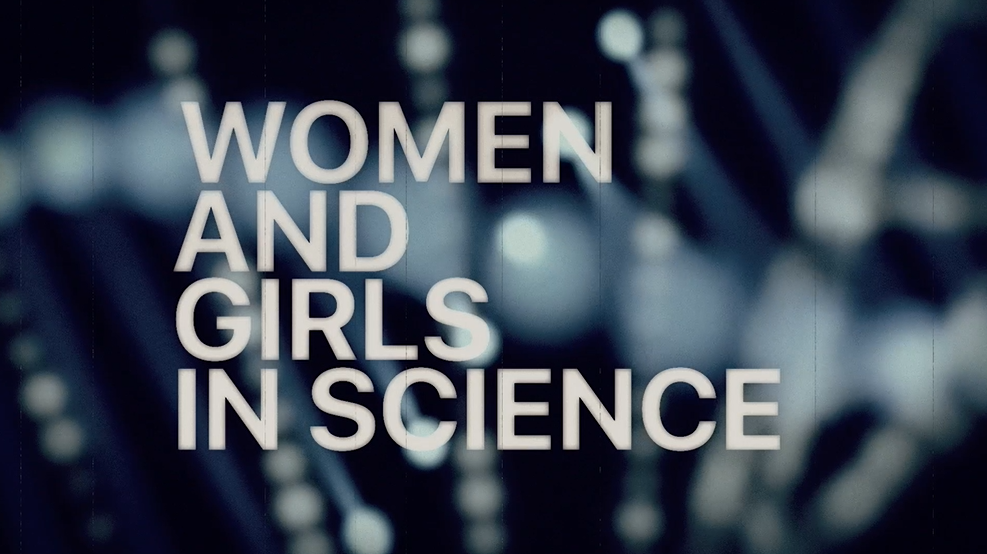Celebrating Women in Science: Joana Berger Estilita

Celebrating Women in Science: Joana Berger Estilita
According to UNESCO data (2014 – 2016), only about 30 per cent of all female students choose science, technology, engineering and mathematics (STEM) fields in higher education. In addition, 35.6 per cent of principal authors in medical research are women, and only 25.8 per cent are senior authors of academic articles published in high-impact journals.
Therefore, the identification, celebration, and visibility of women’s achievements can help change the narrative of women in STEM. In celebration of Women and Girls in Science Day on February 11 and International Women’s Day on March 8, ESICM will release a series of videos highlighting some of the brilliant women who are part of our ICU community. While we are aware that this is not an exhaustive representation, we hope their example will inspire other ICU professionals, researchers and educators.
Originally from Portugal, Joana Berger-Estilita is a Consultant in Anaesthesiology and Intensive Care at Bern University Hospital Inselspital, University of Bern, in Switzerland. Among her various commitments, she has been an active member of the ESICM E-Learning Committee for years. She is also co-Director of the ESICM European Perioperative Intensive Care Curriculum e-course.
Much of her research revolves indeed around education and interprofessional care. “This is very important in intensive care because we work in interprofessional teams”, she explains. “We realised that the sooner you introduce this interdisciplinary component, even among medical students, the better it is for patient care.”
She believes “there is no research without education and vice versa. You need both components to perform better as a clinician and researcher. It’s interesting to see how few people have basic knowledge of medical education, and this is something we should work on in the future.”
However, there are still difficulties for women who wish to pursue medical research careers. “Though I agree that the situation has improved significantly in the past decade, there is still the unconscious gender bias, which we need to deal with as women, and it is probably something we need to make men more aware of”.
What advice would she then give to young girls and women interested in research?
“First of all, we need to overcome our impostor syndrome. Research shows that when men apply to a position, they apply with only 60% of the criteria, while women need to have 100% of the criteria. We feel that we are less capable, which is completely wrong. We just need to go for it. We need training, mentorship and men allies standing by our side.”